People must balance outrage and optimism after a “hellish summer” of extreme weather, the UN’s former climate chief has urged at the start of the Cop28 climate summit.
“We have to keep the outrage really high because we are so darn late,” said Christiana Figueres, a veteran negotiator hailed as the architect of the Paris climate agreement. She pointed to the weak policies that governments have set in order to cut planet-heating pollution and the $7tn with which they directly and indirectly subsidise fossil fuels.
But there were reasons for optimism that could stop people falling into “a dark rabbit hole”, she added. “I do make a conscious choice every morning to say ‘yes, I know what all the bad news is’ – that’s easy to get because that just screams at you from whatever news feed you have – but also, what is positive that is going out there? What are the disruptive pieces that are real, strong evidence of the fact that this is changing?”
Speaking to a small group of reporters on Monday at an interview hosted by Covering Climate Now, Figueres highlighted the plummeting cost of renewable energy and the growth of electric cars as two areas where positive changes were happening faster and faster.
But we are getting “horribly close” to tipping points, even if they have not become our destiny, she added.
Figueres, a Costa Rican diplomat who started working on the climate in the mid-1990s, said she felt moments of hopelessness, helplessness and depression every day but “it is not my dominant feeling and certainly not my dominant energy”.
“The moment that we give up and say ‘OK, we’re doomed, we’re going above 1.5C, I’m just going to crawl into my little cubbyhole and pull my blankets over my sheets’ – then we have a self-fulfilling prophecy, for sure,” she said. “Our responsibility here is to understand the threat and do everything within our power to avoid it.”
She made the comments as world leaders head to Dubai for the 28th UN climate summit. At a summit in Paris in 2015, when Figueres was the head of the UN body that oversaw the conference, governments signed a legally binding treaty to stop the planet heating 2C above pre-industrial temperatures by the end of the century, and ideally 1.5C. But in the eight years since, world leaders have continued to push policies that will clog the atmosphere with more carbon than many people and ecosystems can handle.
This year’s summit is hosted by the United Arab Emirates, a major oil and gas producer. The Cop28 president, Sultan Al Jaber, is the boss of the UAE’s national oil company, Adnoc, which plans to expand production of fossil fuels. Al Jaber and his supporters have argued that the industry is an important partner that deserves a seat at the table.
Figueres said that for many years she championed a similar attitude because fossil fuel companies have some of the deepest pockets and most skilled engineers. But her faith in them has waned since Russia’s invasion of Ukraine and the spike in energy prices that followed. Major oil and gas companies that marketed themselves as part of the solution to climate change have used windfall profits to further enrich shareholders while cutting their spending on renewable energy.
“That is unforgivable,” Figueres said. “I did lose, sadly, my hope with oil and gas companies because of the evidence that came forward over the past 12 to 24 months. Would we be in a much better position if they decided to invest their unparalleled engineering skill and their deep wallets to the solution space? Absolutely. Are they doing that? No.”
On Monday the BBC revealed that the UAE had planned to use its role as the host nation to strike oil and gas deals during the conference, a claim the country has denied. In a post on X, Figueres said the Cop28 presidency had been “caught red-handed” and called for more transparency and accountability.
Climate activists have criticised previous conferences because the deals struck have been far removed from what scientists have shown is needed to stop the climate from changing. It took 25 summits before governments were willing to name a fossil fuel in their concluding statement.
Source : The Guardian

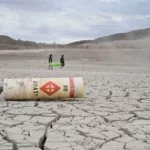

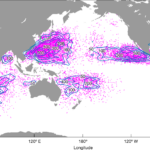



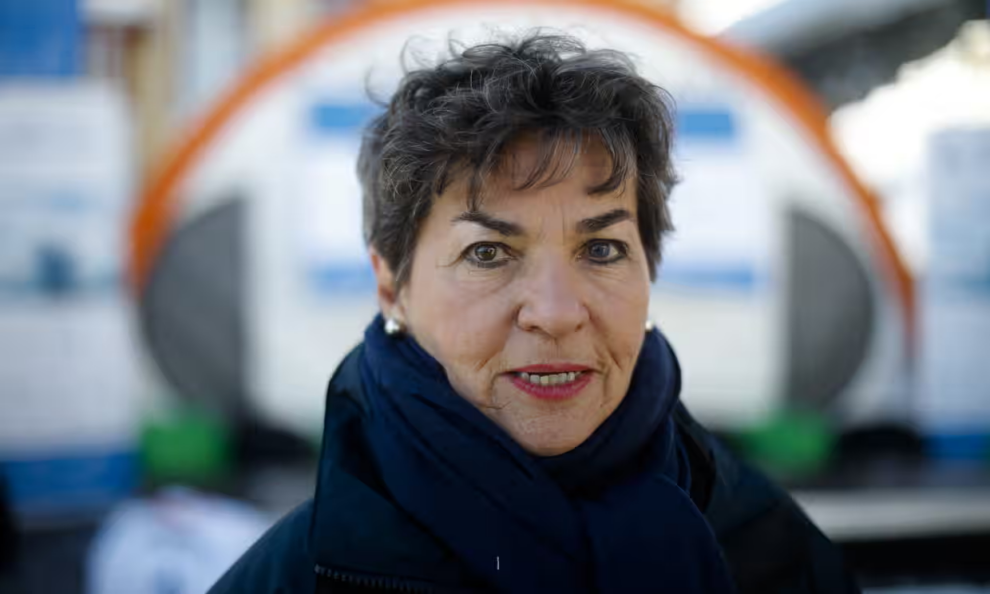
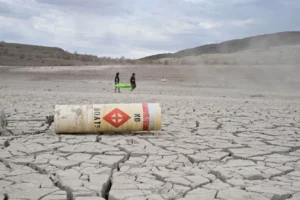

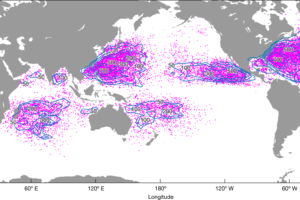
Add Comment